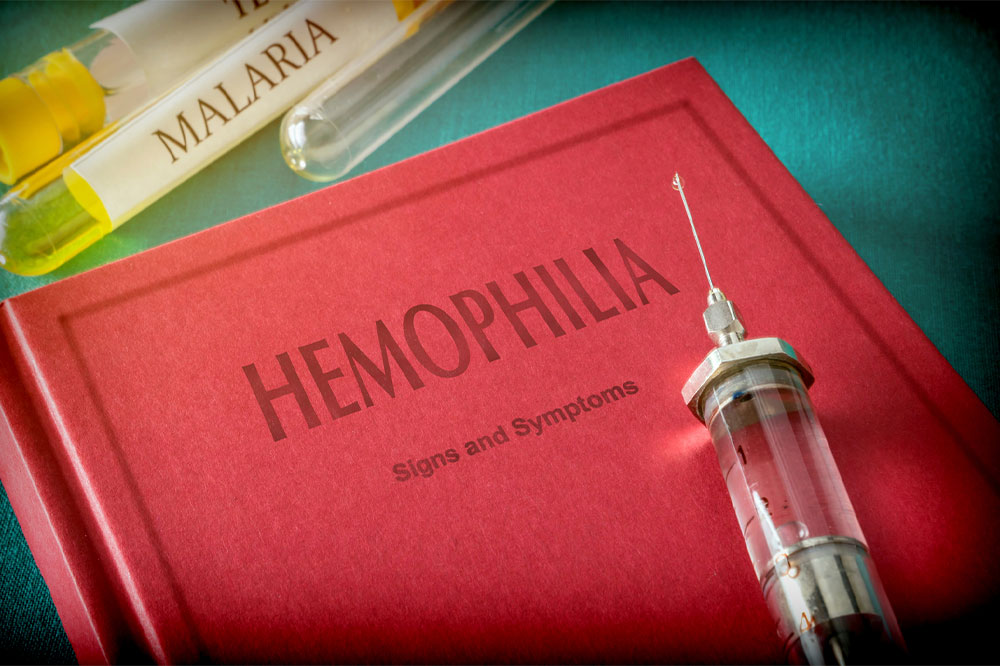Travel precautions for hemophilia A patients

Hemophilia is a rare genetic bleeding disorder that affects a fraction of the people in the country. According to the Centre for Disease Control, roughly 12 out of every 100,000 males are diagnosed with hemophilia A. The bleeding is caused by a missing factor VIII protein, responsible for the blood’s clotting function. This inherited disorder is challenging to manage, and one must take the following precautions, especially while traveling with hemophilia A.
Consult with a specialist
Always consult with a doctor to understand if traveling with hemophilia A is possible in the first place. One should reconsider if the bleeding symptoms are severe. Some vaccinations for hepatitis A and B are recommended for patients who plan to travel. Doctors also provide a travel letter that explains the disorder for security purposes. Only then can airport officials allow prescriptions and care package supplies on board with the passenger.
Prepare a precautionary kit
Understand that airline baggage restrictions are not applicable for doctor-approved prescriptions and emergency supplies. So, patients can pack everything conveniently into a carry-on bag. However, it is the patient’s responsibility to label and mark all supplies, as there are certain prescriptions or equipment that cannot be exposed to X-ray scanning at the airport. Also, travel delays can happen, so pack enough to ride out any contingencies.
Checklist for supplies
The regular checklist should include vials of the prescription, a diluent for preparing thin solutions, and a reconstitution device for mixing the factor VIII solution. Other things include disposable syringes, cleaning alcohol, cotton pads, disinfectant, and a container to dispose of all supplies carefully. Doctors may also recommend additional supplies that need to be packed with the emergency kit. The checklist should also contain a list of hemophilia treatment centers (HTC) along the planned route. National and global HTC directories are available online for reference.
Medical information
It is recommended that patients carry all necessary emergency contact information while traveling with hemophilia A. Doctors also suggest wearing a medical ID bracelet that alerts medical professionals about the condition. This is quite handy in cases where the patient cannot explain what’s wrong or loses consciousness.
Check insurance
Always carry updated information for travel and medical insurance. Hospitals can be expensive in foreign countries, so double check to see if preexisting conditions like hemophilia A are covered under the policy.



